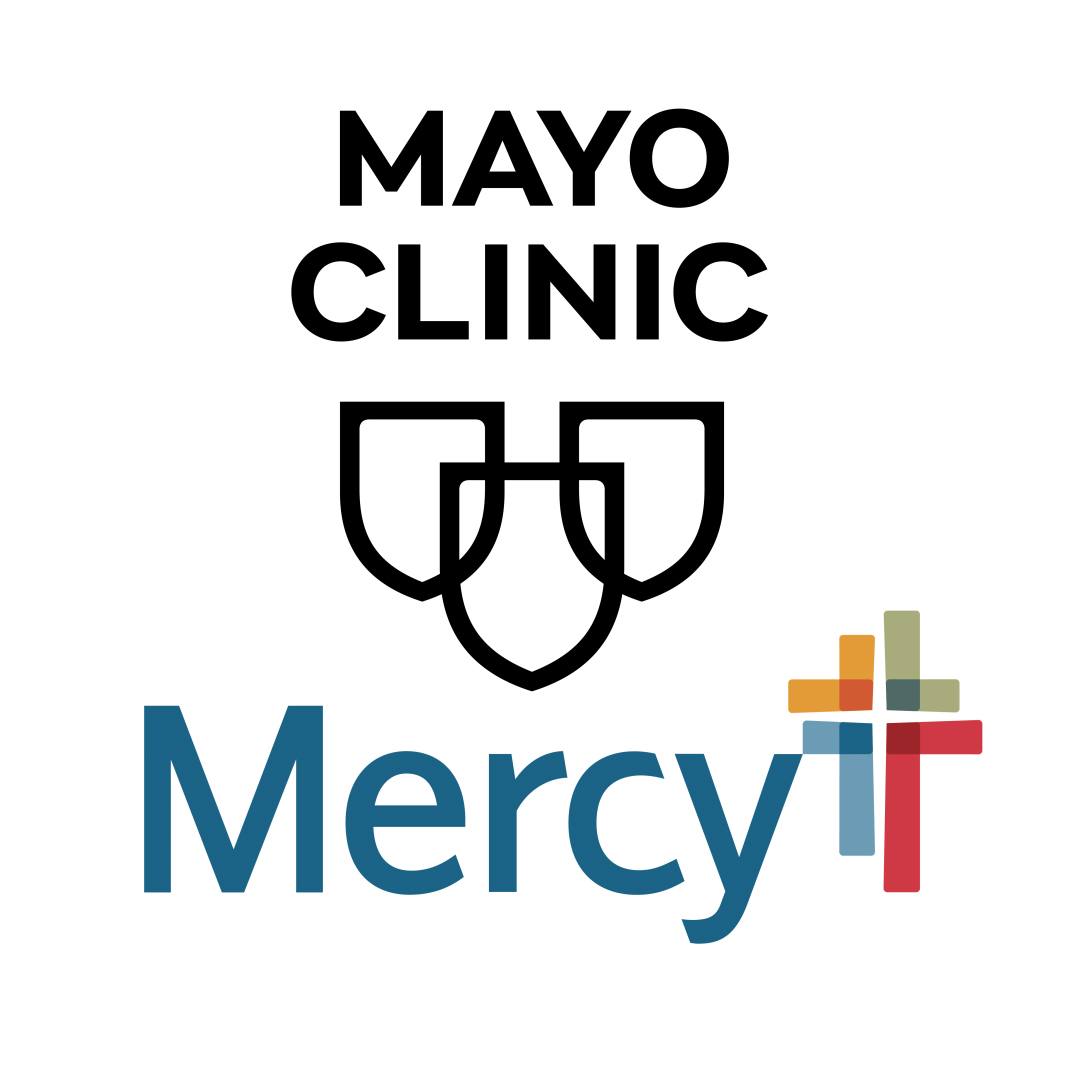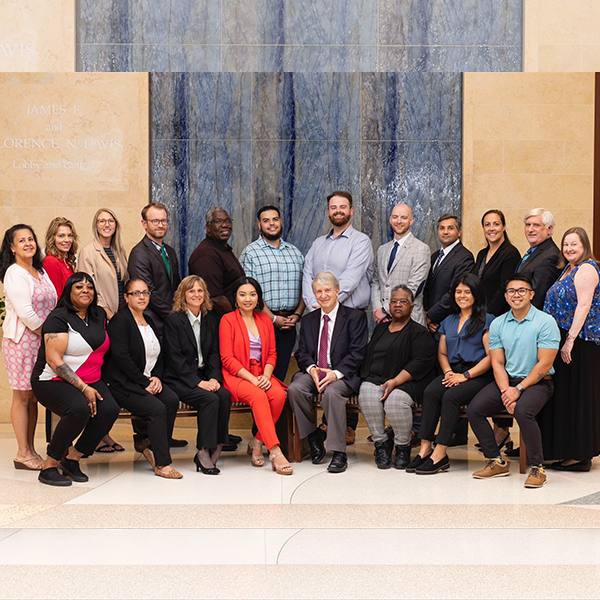-
Research
New tool brings Mayo Clinic researchers closer to discovering therapeutics from microbiome

Does the human microbiome inhabit a natural pharmacy?
Microorganisms are found in tissues and biofluids throughout the body, including in and around the gut, lungs, nose, mouth, skin and vagina. A flurry of recent scientific research suggests that this human microbiome — a community of trillions of bacteria, viruses and fungi — is a driver of health and diseases.
But microbiome researchers do not yet have the full range of tools to determine exactly what the microbes are doing within the diverse ecosystem, and which biochemical products (also known as metabolites) produced by the microbiome are clinically relevant.
In the search for answers, Mayo Clinic scientists have created a computational tool that can potentially decipher these unknowns. The tool, called TaxiBGC (Taxonomy-guided Identification of Biosynthetic Gene Clusters), can identify genes that produce secondary metabolites.
Secondary metabolites are naturally made biochemical products that mediate key microbial interactions and provide competitive advantages to the organism to ensure its survival within its environment.
The new study is published in mSystems, a journal from the American Society for Microbiology.
A human body chemistry lab?
"These secondary metabolites have a role in regulating our metabolism, stimulating our immune system, signaling to our organs, and even contributing to the onset or progression of diseases," says Jaeyun Sung, Ph.D., a computational biologist within the Center for Individualized Medicine and corresponding author of the study.
"Our tool gets us closer to identifying how our microbiome can be 'talking' with us using the secondary metabolites they make," Dr. Sung says. “Microbes communicate with other cells, with other microbes through the chemicals they secrete. That's their language. They communicate with all the organs in our body, they communicate with our digestive system, they can communicate with our immune system. More and more evidence is coming out that they control our physiology more than we had ever thought.”
Dr. Sung says secondary metabolites are clinically important because they are a natural source of antibiotics, anticancer agents, immunosuppressants and other pharmaceutical drugs.
“Microbes are the best chemists and pharmacists,” Dr. Sung says.
For the study, Dr. Sung and his team produced TaxiBGC to screen a microbiome’s genomic data and find the genes encoding secondary metabolites.
“More specifically, TaxiBGC first identifies the microbes in a microbiome and then predicts the biosynthetic gene clusters inherent to those microbes. Biosynthetic gene clusters are physically clustered groups of genes in a microbe’s genome for synthesizing a secondary metabolite,” Dr. Sung explains.
2 Key discoveries lay foundation for new therapies
Dr. Sung says the team made two key discoveries. First, they found that human body sites harbor distinct biosynthetic gene clusters, which mostly encode for various natural antibiotics.
"Interestingly, microbes in the oral cavities can make certain secondary metabolites specific to the mouth, and microbes of the gut make such chemicals specific to the gut environment," Dr. Sung explains. “This somewhat explains how microbes adapt to unique niches of the human body.”
Second, when looking at gut microbiomes of patients with different diseases — such as liver cirrhosis, Crohn’s disease, rheumatoid arthritis and colorectal cancer — they found that gene clusters for some secondary metabolites are specific to that disease; whereas others are shared among multiple diseases.
“By characterizing the biosynthetic gene clusters of the gut microbial environment for different diseases, our results provide a starting point for therapeutic leads,” Dr. Sung says. “The translational impact of understanding how, when and why microbes make secondary metabolites is going to be quite significant.”
Dr. Sung’s group is currently working on better understanding how the gut microbiome communicates with the immune system. In the future, his team hopes to isolate promising chemical compounds from the human microbiome to find new therapeutics for autoimmune inflammatory disorders, including rheumatoid arthritis and multiple sclerosis.
Learn more
Read more stories about advances in individualized medicine.
Register to get weekly updates from the Mayo Clinic Center for Individualized Medicine blog.
Join the conversation
For more information, visit Mayo Clinic Center for Individualized Medicine, or Twitter at @MayoClinicCIM.








